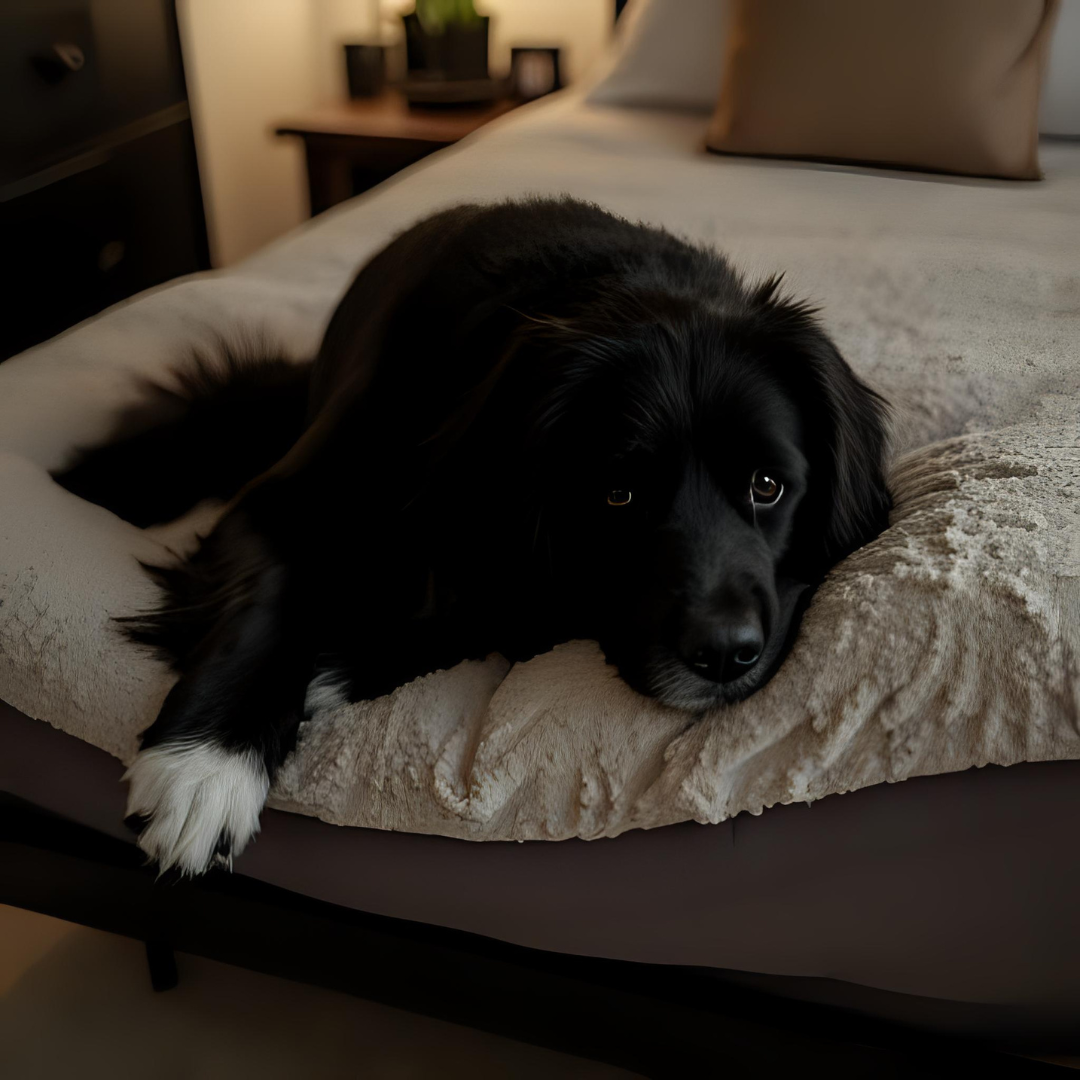A good night’s sleep is just as important for dogs as it is for humans. Quality sleep helps dogs recover, process memories, and stay healthy both physically and mentally. However, some dogs struggle to settle down at night, leading to restless pacing, whining, or even barking. This article explores practical ways to help your dog sleep better and wake up refreshed.
Why Dogs May Have Trouble Sleeping
Dogs can have difficulty sleeping for various reasons, including:
- Age: Puppies may wake up frequently, while senior dogs may experience discomfort from arthritis or other health issues.
- Anxiety: Stress from loud noises, changes in routine, or separation can keep dogs awake.
- Lack of exercise: Insufficient physical and mental stimulation during the day can leave dogs with excess energy at bedtime.
- Health problems: Conditions like pain, allergies, or digestive issues can interrupt sleep.
Signs Your Dog Isn’t Sleeping Well
Watch for these signs that your dog may need help sleeping better:
- Restless pacing or circling at night
- Whining, barking, or crying
- Frequent waking or difficulty settling down
- Excessive daytime sleepiness
Creating the Right Sleep Environment
1. Comfortable Bed
Choose a bed that suits your dog’s size, breed, and sleeping style. For senior dogs or those with joint issues, an orthopedic bed can offer extra support.
2. Quiet, Dimly Lit Space
Dogs sleep best in a calm, quiet area with low lighting. A cozy corner of the bedroom or living room can work well.
3. Consistent Sleep Location
Dogs like predictability. Let your dog sleep in the same spot every night to help them feel secure.
Establishing a Bedtime Routine
Dogs thrive on routine. A consistent schedule helps signal that it’s time to wind down. Try:
- A final potty break before bed
- A calming walk or gentle play session in the evening
- A brief training session with low-key commands like “sit” or “down” to mentally relax them
Managing Anxiety and Stress
1. Calming Aids
If your dog is anxious at night, try:
- Thundershirts: These apply gentle pressure that can be soothing.
- Pheromone diffusers: These mimic calming scents that help dogs feel secure.
- White noise machines: These can mask household noises or outside disturbances.
2. Avoid Overstimulation
Limit loud play, visitors, or exciting activities right before bed. This helps your dog settle more easily.
Exercise and Mental Stimulation
Make sure your dog gets enough exercise and mental enrichment during the day. Activities like fetch, puzzle toys, and training sessions can help tire them out and promote better sleep.
Feeding Schedule
Avoid feeding a large meal right before bedtime, as it can lead to discomfort. A light snack or treat is fine, but aim to feed your dog their main meal at least a few hours before bed.
Medical Concerns
If your dog’s sleep problems persist, consult your veterinarian. Issues like arthritis, allergies, or digestive upset could be contributing factors.
Final Thoughts
Helping your dog sleep better at night is a gift to both of you. By creating a comfortable environment, sticking to a routine, and addressing any underlying health or behavioral issues, you can set your dog up for restful, rejuvenating sleep.
A well-rested dog is a healthier, happier companion—and that means sweeter dreams for everyone.

